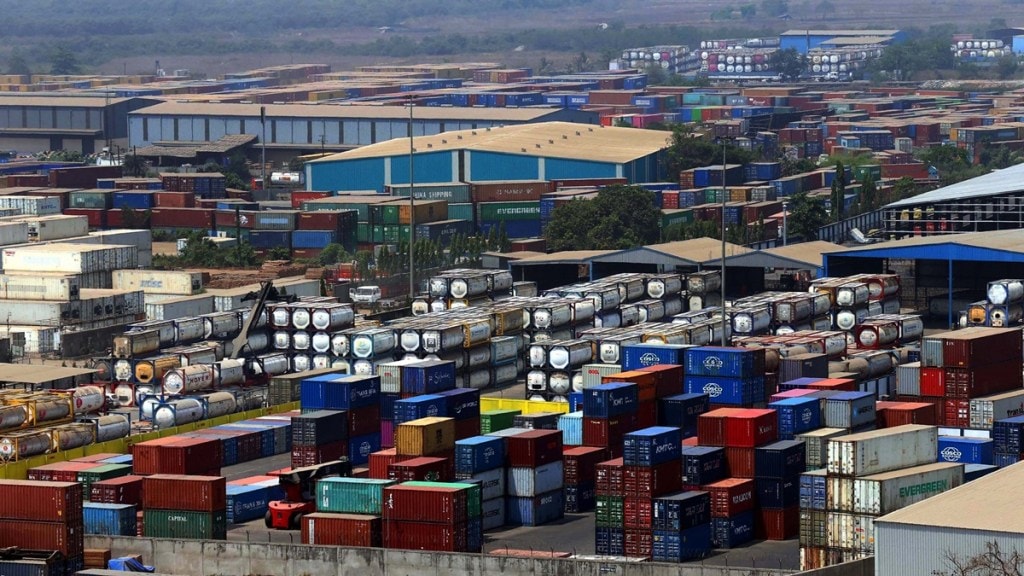India has lowered the guard against the threat of pharmaceutical patent rights undermining public health concerns by treating “voluntary licensing” route as the preferable route in the recently signed Comprehensive Economic and Trade Agreement (CETA) with the United Kingdom (UK).
As against the compulsory licensing (CL) included in India’s Patents Act, voluntary licensing allows the patent holder to grant licence in exchange for an agreed-upon remuneration, often in the form of royalties.
Clause in CETA
“The parties recognise the preferable and optimal route to promote and ensure access to medicines is through voluntary mechanisms, such as voluntary licensing which may include technology transfer on mutually agreed terms,” as per Article 13.6 of the CETA.
“This provision, by treating voluntary licensing as being optimal and preferable, completely undermines the use of compulsory licensing,” said Abhijit Das, expert in international trade.
CL is part of the World Trade Organisation‘s Trade-Related Aspects of Intellectual Property Rights (TRIPS) agreement. It is a mechanism that allows countries to grant licenses to third parties to produce patented drugs at affordable price under extraordinary conditions.
Experts said that under the pact, India will have to adhere to the “adequate remuneration” norms for any necessary patent breach in the pharma sector in public interest. In addition, the FTA talks about the voluntary licensing alongside “fair, reasonable, and non-discriminatory’ (FRAND) practices.”
“Although the TRIPS agreement offers “adequate remuneration” to the patent holder when a compulsory licence is issued to the third party manufacturer, the “adequate amount” is often disputed since the remuneration methodologies use the price of “cheap” generic drugs to determine the compensation. On the other hand, royalties under the voluntary licensing are paid as a percentage of the total sales of the licensed drug,” said an intellectual property law expert.
Government on licensing decisions
Trade think tank GTRI said that this is the first time in any FTAs, India has agreed to rules beyond its obligations under the WTO’s agreement.
A commerce ministry official, however, said that the deal strengthens cooperation between both countries while preserving India’s sovereign rights in matters of patent policy and access to essential medicines.
“The FTA’s reference to voluntary licensing simply acknowledges global best practices that encourage collaborative solutions. It does not limit or dilute India’s well-established right to issue compulsory licences under Section 84 of the Indian Patents Act, 1970, consistent with the TRIPS agreement and reaffirmed in the Doha Declaration on TRIPS and Public Health,” the official said.
As per the ministry official, just one compulsory license has been issued thus far – for a cancer drug Nexavar in 2012 – under exceptional public health circumstances. “The FTA does not create any new precondition for issuing compulsory licensing. The sovereign authority to issue such licenses remains entirely with the government of India, as per the existing law,” he said.
“The UK, which comprises England, Scotland, Wales and North Ireland, is not a major exporter of drugs to India. Countries contributing to innovative medicines include Switzerland and Germany, so the voluntary licensing clause in the CETA might not have a major impact,” said Sheetal Sapale, vice president at Pharmarack.
